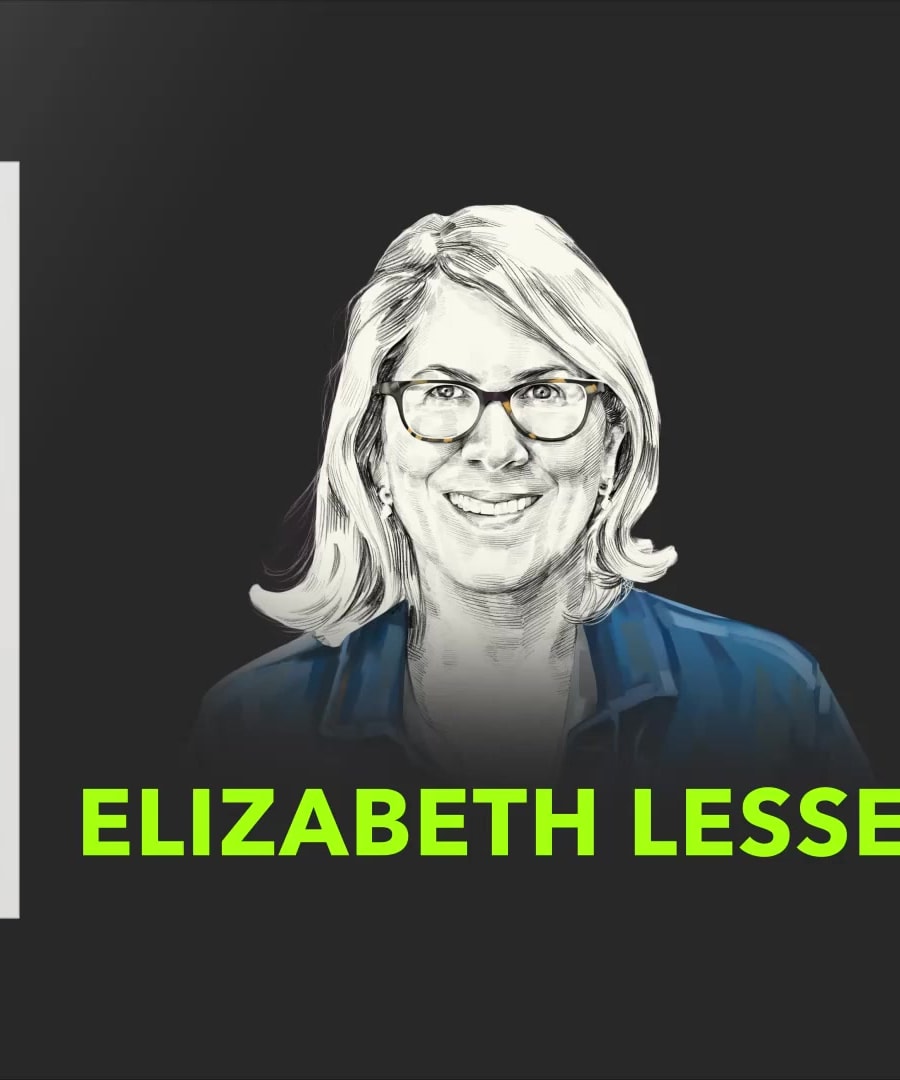Society's discomfort with grief
Sources:
Society's discomfort with grief is a recurring theme examined by various experts. There are multiple reasons, including cultural conditioning and a lack of supportive rituals.
-
Cultural Conditioning:
- and discuss how society is conditioned to avoid discomfort and suffering, which leaves little room for grief, inherently unpredictable and on its own timeline. They highlight the need for rituals and spaces to allow grief to unfold naturally, suggesting that embracing grief is an essential step toward collective healing 1.
-
Lack of Rituals:
- points out that modern society, particularly in the secular United States, lacks meaningful mourning rituals. Lesser critiques the concept of seeking "closure," advocating instead for keeping the heart open to both pain and joy. She reminisces about older traditions, such as wearing black or sitting shiva, which provided communal support for grieving individuals 2.
-
Understanding Grief:
- explains from a neuroscientific perspective that grief is not just a state of sadness but also involves a desire and a state of wanting, which can be deeply unmooring. He emphasizes the complex emotional landscape of grief, where the brain's reward centers are activated, making the emotion both painful and motivational 3.
-
Broader Societal Impact:
- and discuss how collective grief is manifesting in society due to various crises such as the opioid epidemic and the pandemic. They highlight how the unraveling of support systems contributes to societal despair and loneliness, making grief a pervasive yet often unacknowledged force 4.
-
Individual Responsibility:
- talks about the necessity of embracing all emotions for personal growth. She argues against societal norms that push against acknowledging stress and sadness, suggesting that discomfort is a fundamental part of a meaningful life. David considers grief as "love looking for a home," underlining its deep connection with love and personal authenticity 5.
Society's discomfort with grief can be attributed to an ingrained aversion to suffering, a lack of supportive rituals, and the avoidance of integrating grief into everyday life. Addressing these issues involves both societal change and individual courage to openly process and express grief.
RELATED QUESTIONS-


